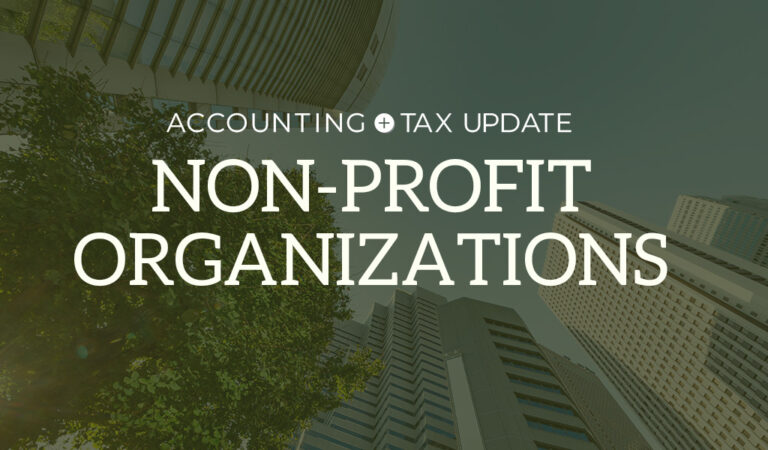Where a taxpayer realizes a capital gain, ½ of the capital gain is subject to tax, while the remaining ½ of the capital gain is tax-free. This translates to an effective tax rate of up to 26.8% of the total capital gain for individuals and 25.1% for corporations. While there have been rumours in recent years that the capital gains inclusion rate could be increased, the projected federal fiscal deficit may mean an increase is more likely this time around. Increasing the capital gains inclusion rate from ½ to ¾ (which was the rate throughout the 1990’s) would have the effect of increasing the tax rates applicable to capital gains by 50%, to a maximum of 40.2% for individuals and to 37.6% for corporations.
As protection against a potential increase in capital gains tax rates, taxpayers might consider undertaking planning to trigger capital gains prior to any tax rate increase, while the capital gains inclusion rate is still ½. This planning is based on the notion that a taxpayer might be better off paying tax now at the current rate of 26.8%, rather than paying tax down the road at a rate of 40.2%. This may be particularly attractive in situations where a capital gain will likely be realized in the near term anyway.
In cases where there is no planned disposal of assets, steps can still be taken to trigger a capital gain and pay tax at current tax rates, with the effect that the future capital gain when the asset is actually disposed of will be reduced accordingly, thereby avoiding the potentially higher tax rate in the future. In these cases, it would be particularly important to structure the planning in such a way that triggering the capital gain is elective – the general steps to the planning would be implemented ahead of any announcement, but the taxpayer would be able to elect to trigger a capital gain if tax rates do in fact increase, or could elect that the transaction take place on a tax-deferred basis if a tax rate increase does not materialize. This would also provide the flexibility to trigger only a portion of the underlying capital gain as part of this planning, if desired.
The exact form of the planning will depend on the specific facts, including the type of asset and the ownership structure. Please consult your Welch LLP advisor to discuss strategies that might be available to you.












